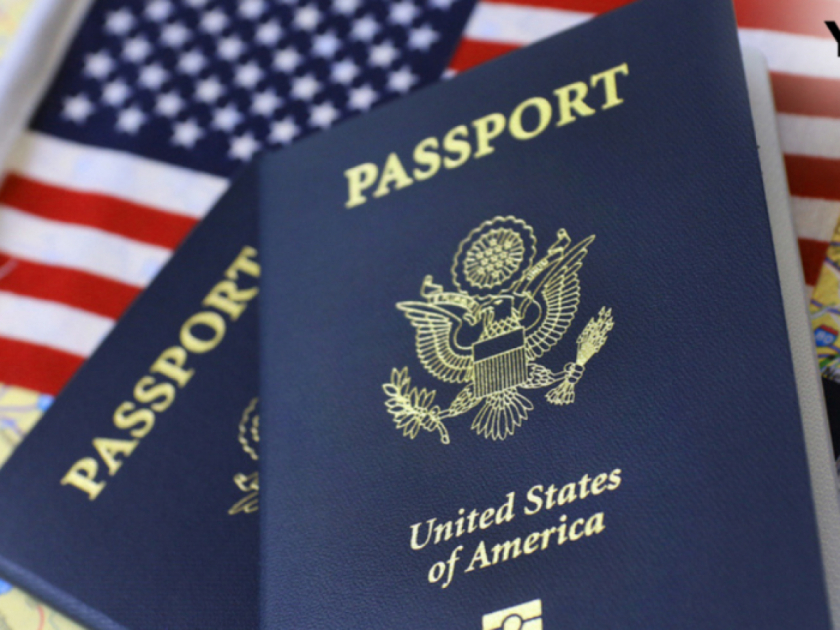Damaged passport
A passport is one of the important documents issued by the government to citizens of a country. A passport is considered a travel permit for exiting and entering other countries.
If your passport is too old, torn, or has smudged ink, there's a 99% chance you'll be denied boarding. Even if your passport is new, if the information on it is faded or smudged, it will still be deemed invalid.

Make sure the name on your passport matches all other documents such as your return flight ticket, hotel booking, etc. In many countries, you are only allowed entry if you present a return flight ticket and a pre-booked hotel reservation. Therefore, if the name on your passport and on your hotel reservation are different, airport staff may refuse you boarding.
A crumpled, torn, or water-smeared passport is often the reason a passport holder is denied entry when traveling internationally. Lacey Montgomery-Henderson, a popular blogger, was denied entry to Bangkok, Thailand, because two pages of her passport were torn. Lacey was placed in a 12-bed isolation room that was "foul-smelling and filthy" while she waited to board her flight back to the UK.
It has an unusual appearance.
Wearing flashy or unusual jewelry, or having piercings or tattoos in unusual places, are also reasons why travelers may face difficulties entering the country. An Australian customs officer admitted that, in reality, there are very few random checks of travelers; most are intentional. Experts assess the risk level of each traveler and decide whether to conduct a thorough check or refuse them entry.
Appearance is one of the indicators used to assess risk. If your appearance doesn't inspire confidence in customs officials, leading them to doubt your eligibility for entry, you will be denied entry.
House sitting for others in exchange for free accommodation.
The trend of house swapping or house sitting is currently popular. When a homeowner is away for a few days, someone else comes to look after the house, walk the dog, and feed it. In return, this person gets free accommodation. In their free time, they can explore the area where they are sitting.
In the UK and the US, many visitors have been denied entry for this reason. Madolline Gourley, from Australia, was denied entry to the US as an example. Gourley explained that she came to the US for tourism and to stay with a family. However, customs officials argued that house sitting or walking dogs also constituted work. The female visitor was entering the country for the wrong purpose and concluded that she was there to work on a tourist visa.

Madolline Gourley felt desperate because U.S. officials considered house sitting and dog walking as entry for work purposes, not tourism. Photo: Traveller
No return tickets available.
Buying only a one-way ticket for the return flight makes customs officials believe you intend to overstay. Furthermore, it doesn't inspire confidence in them that you will return home on time.
Jack Dunn, a tourist from Victoria, Australia, was once denied entry into the United States. The reason was that he only had a one-way ticket, not a return ticket. Jack presented a connecting flight ticket to Mexico to explain that from the US, he would fly on to a third country for tourism before returning to Australia. But the answer was still no. Jack was forced to return to Australia without being granted entry.

 VI
VI EN
EN


































